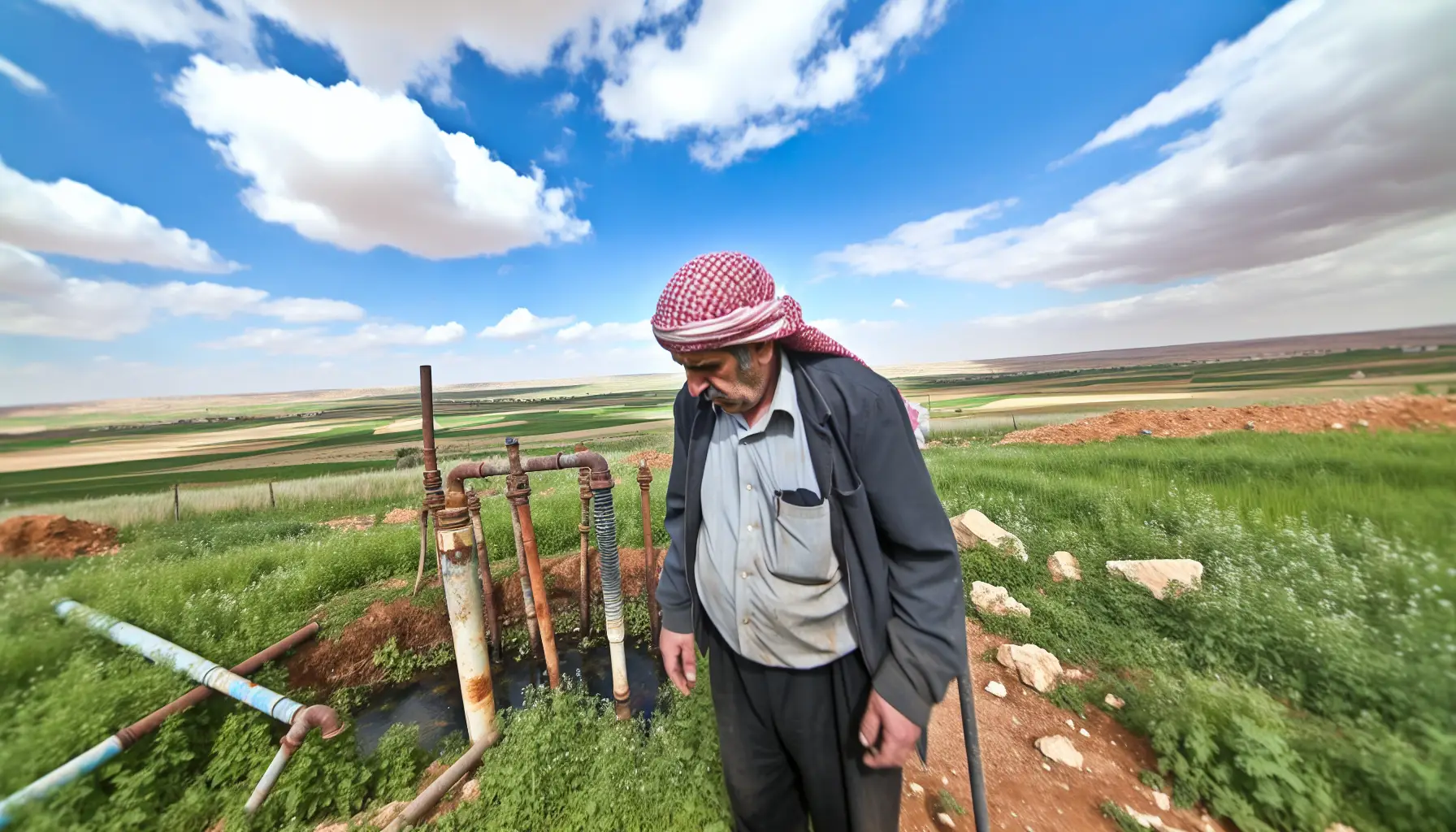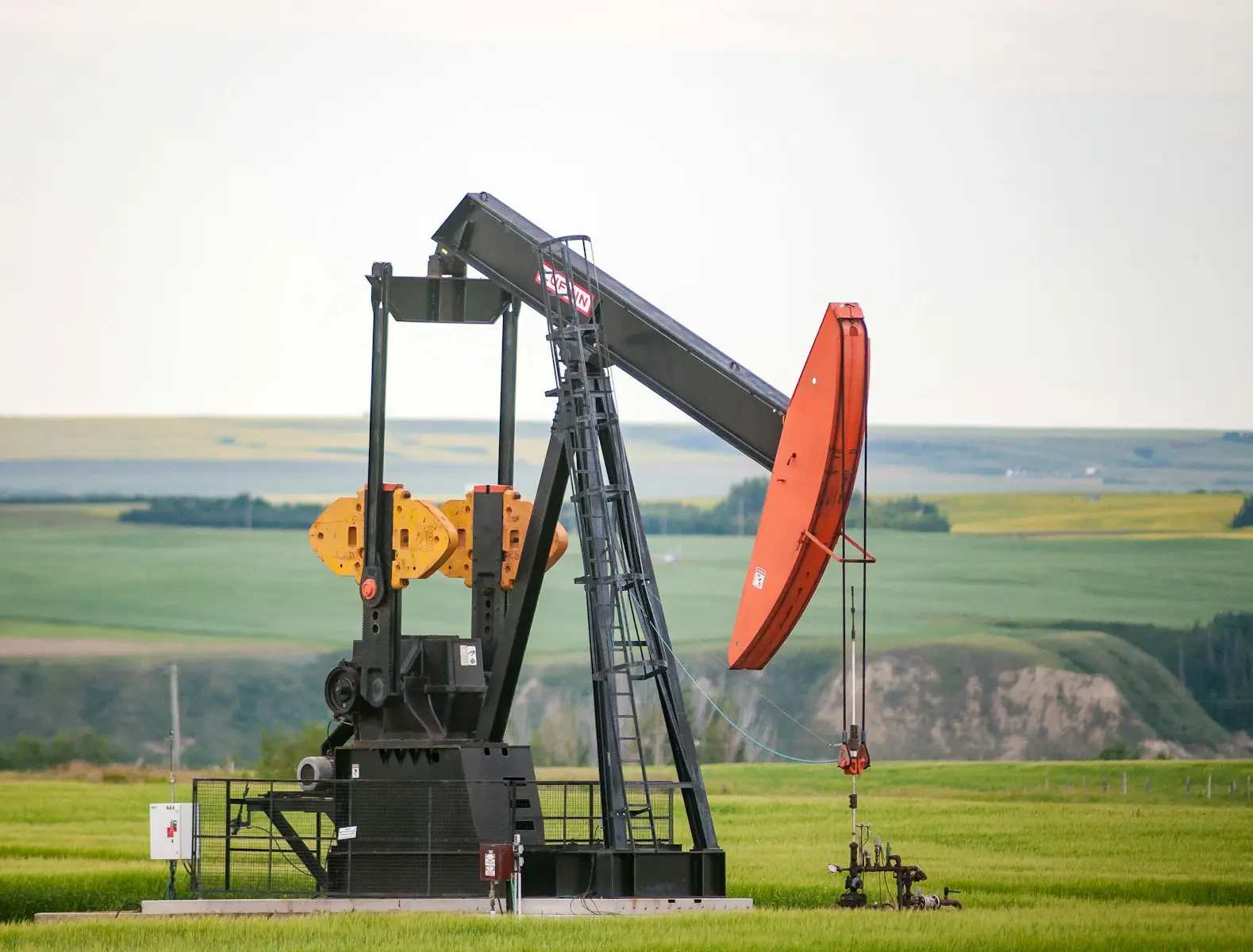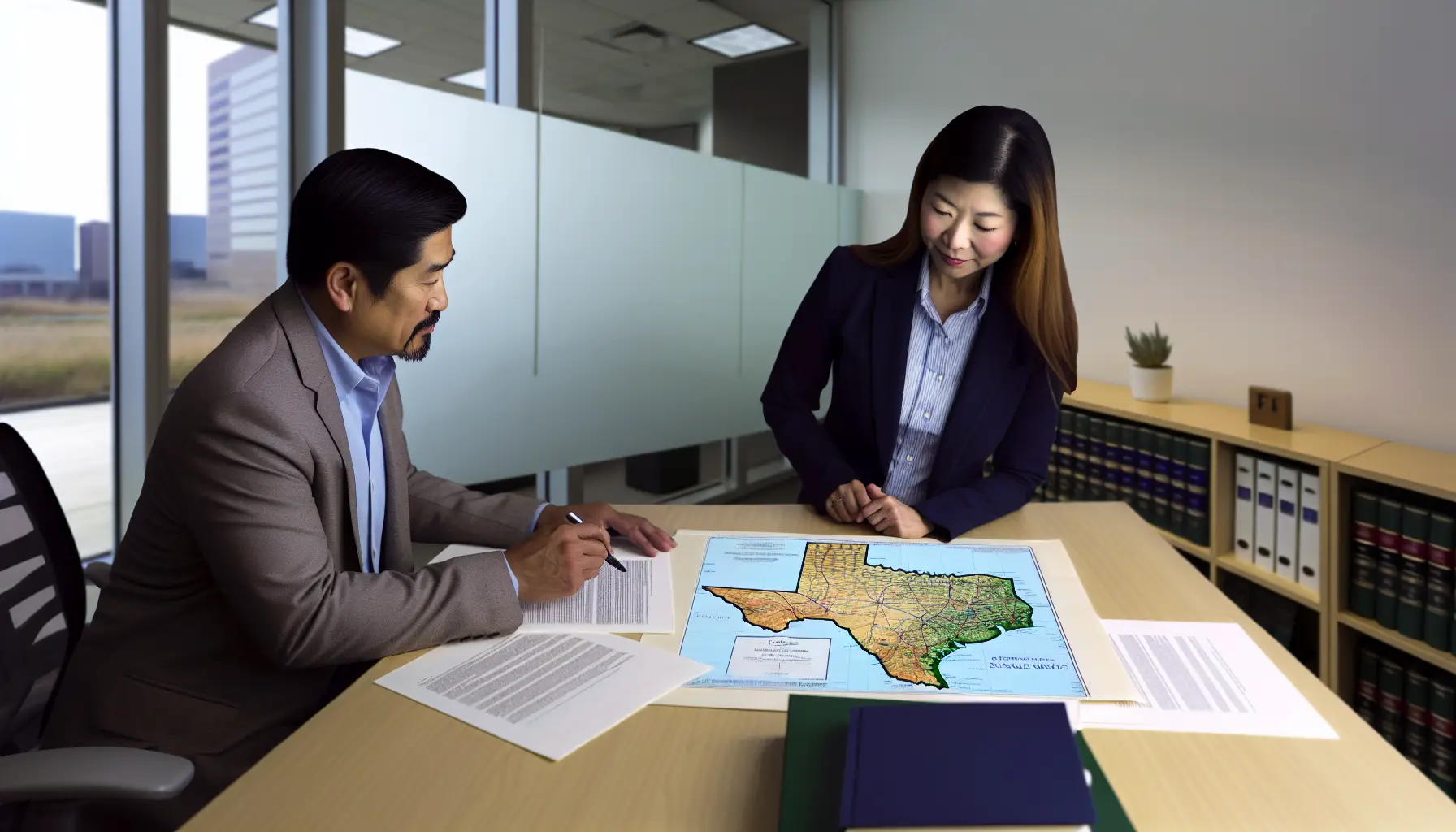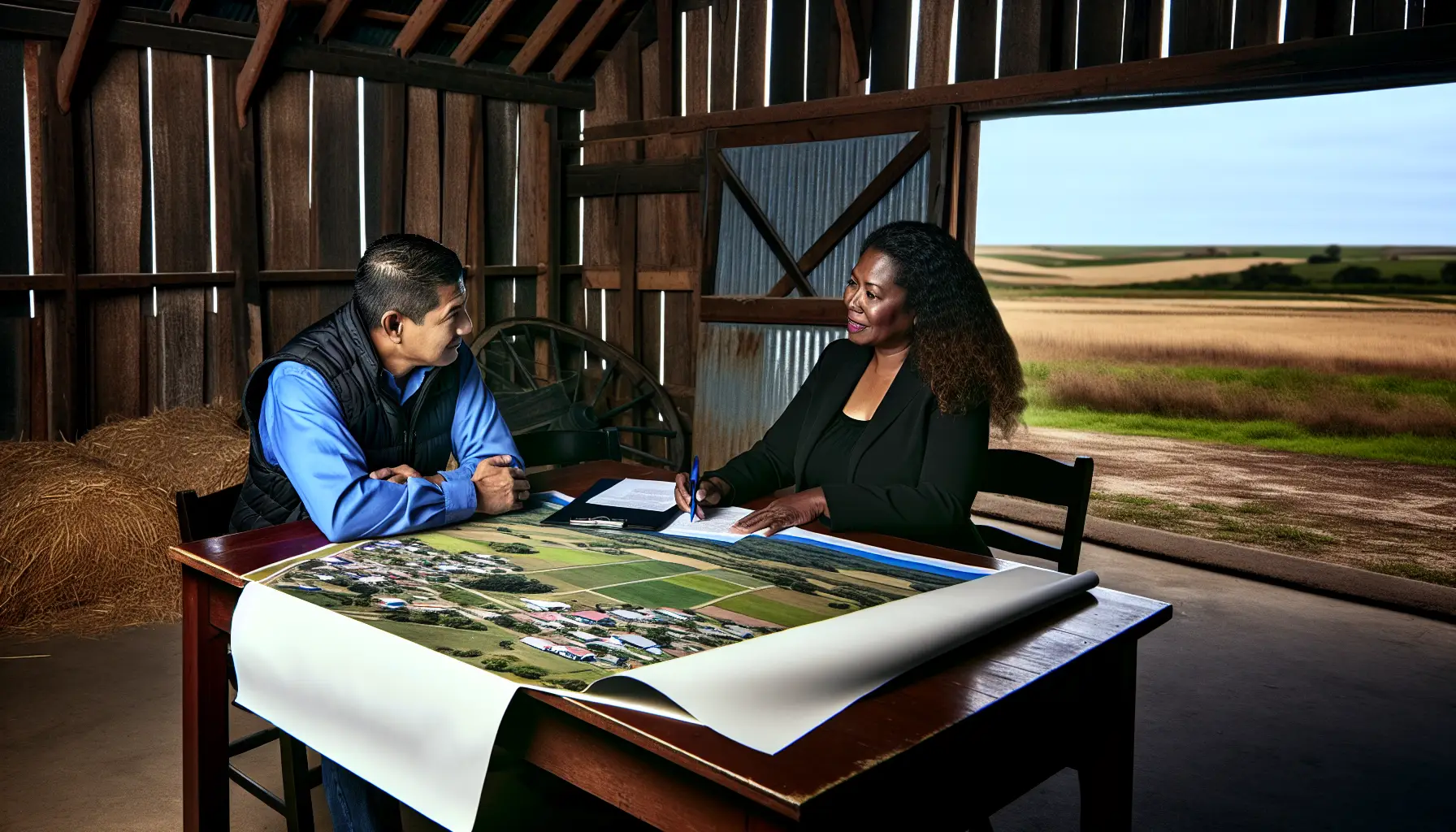Purchasing rural property in Texas can be an exciting opportunity, but it often comes with hidden challenges. Among these, deferred maintenance issues stand out as a common hurdle for buyers. From deteriorating barns to outdated water systems, neglected repairs can significantly impact your property’s value and usability. Understanding how to identify and address these problems early is essential to securing your investment and avoiding unforeseen expenses down the road. If you are considering buying rural land, proactive planning and expert insights can help you navigate these complexities with confidence.
In This Article:
What Is Deferred Maintenance and Why It Matters
Deferred maintenance refers to repairs or upkeep tasks that have been postponed over time, often due to budget constraints or negligence by prior owners. In rural properties, these uncompleted tasks can range from structural repairs to environmental issues. While they may seem insignificant at first glance, their cumulative effect can lead to safety hazards, legal liabilities, or steep repair costs. Whether you are dealing with collapsing fences or aging septic systems, deferred maintenance can become a major obstacle to maximizing your property’s potential.
Common Examples of Deferred Maintenance in Rural Land
- Unstable barns, sheds, and fences that can be safety hazards.
- Outdated water wells, septic systems, and electrical grids that no longer meet current codes.
- Environmental concerns such as erosion, flooding, or overgrown vegetation.
Each of these issues can compromise the integrity of your land and even lead to legal problems if left unaddressed. For example, poorly maintained drainage systems might cause water runoff into neighboring properties, triggering potential disputes under Texas property law.
Tips for Spotting Deferred Maintenance
Conducting a Thorough Property Inspection
A comprehensive property inspection ensures you identify deferred maintenance before finalizing your purchase. Look for visible signs of wear-and-tear on structures, assess drainage patterns, and test utility systems for functionality. A failing roof or broken foundation might be fairly obvious, but underground issues like compromised water lines or septic tanks require closer examination.
Hiring a professional inspector well-versed in Texas rural properties is highly recommended. These experts understand local conditions and can detect problems unique to the area, potentially saving you from costly surprises later. Remember, understanding the condition of your land is as important as knowing what oil and gas legal regulations might apply to it.
The Value of Local Expertise
Contractors, inspectors, or agents with regional experience are invaluable resources when managing deferred maintenance concerns. They are familiar with weather-related challenges, soil conditions, and utility infrastructure common in your area. Beyond identifying problems, local professionals can also point you toward cost-effective repair solutions or guide you on local building codes and permitting processes.
Financial Planning for Deferred Maintenance
Estimating Repair Costs
Repair and renovation costs can escalate quickly if not accounted for in advance. Whether restoring an old fence or updating outdated utilities, always account for additional expenses by creating a contingency fund. For instance, repair costs for a damaged barn might exceed your initial budget if structural elements require more extensive work than anticipated.
Prioritizing Repairs
Not all maintenance tasks demand your immediate attention. Prioritize based on urgency and the potential impact on safety and functionality. Critical issues like septic system failures or unstable structures should top your list. After addressing urgent repairs, focus on upgrades that increase your property’s value or long-term usability, such as efficient irrigation systems or erosion control measures.
Addressing Legal and Financial Challenges
Legal Implications for Property Buyers
When owning rural land, maintenance issues can have legal consequences. For example, a neglected water system that causes contamination may violate environmental regulations. Additionally, disputes with neighboring properties over shared drainage systems or tree overgrowth can spiral into legal conflicts. A thorough understanding of Texas land transactions and property law ensures you address these risks responsibly and mitigate liabilities.
Funding Options for Repairs
- Home Equity Loans: Leverage your existing property value to finance major repairs.
- Low-Interest Loans: Some banks and financial institutions offer tailored loans for rural property improvements.
- Grants: Explore government grants available for agricultural properties or historical renovations in Texas.
Collaborating with a financial expert, lender, or Houston attorney knowledgeable about rural real estate transactions can help you determine the best funding strategy for your situation.
Preventative Measures to Avoid Future Issues
Creating a Maintenance Schedule
Proactive planning is the key to avoiding deferred maintenance. Create a yearly schedule for essential upkeep tasks like clearing vegetation, fixing infrastructure, and assessing utilities. Regular maintenance reduces the likelihood of small problems snowballing into costly repairs. For instance, inspecting drainage systems twice a year can prevent water damage during heavy rainfall.
The Role of Property Management Services
If managing a large rural property feels overwhelming, professional property management services could bridge the gap. These experts oversee everything from regular inspections to emergency repairs, ensuring your investment remains safe and functional. While this comes with additional costs, the peace of mind and time saved often outweigh the expense for landowners juggling multiple responsibilities.
Final Thoughts
Taking control of deferred maintenance is an essential step in safeguarding your rural property investment. By performing thorough inspections, engaging knowledgeable local professionals, planning your budget wisely, and adhering to legal responsibilities, you can turn challenges into manageable projects. Long-term preventative care not only preserves your property’s value but also ensures it remains compliant with local and state regulations.
For trusted guidance on navigating the legal aspects of rural property management, including deferred maintenance and mineral rights concerns, the Daughtrey Law Firm offers experienced insight based on years of practice in Texas real estate law. Let us help you protect your investment with confidence and clarity.





















